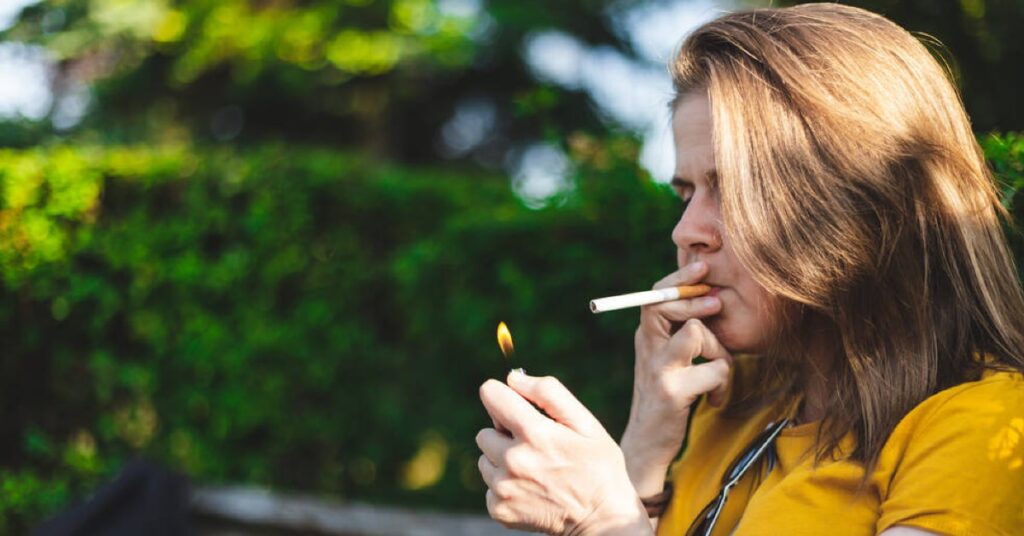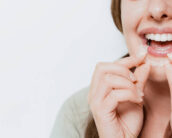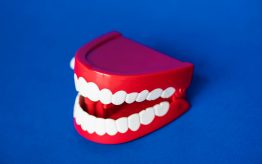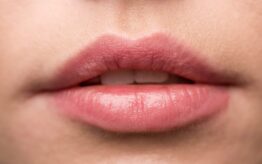If you’ve ever looked in the mirror and wondered, “Why are my teeth still yellow when I brush them every day?” you are not alone. This common concern can leave many feeling frustrated and self-conscious about their smile. Today, let’s talk about this dilemma and explore why your pearly whites might not be so pearly after all.
First off, it’s vital to understand that having slightly yellow teeth is completely normal. That’s because our teeth aren’t naturally snow-white! But if you notice a more pronounced yellowing despite your diligent brushing habits, you could look at several factors. More importantly, you can do something about your yellow teeth.
Your Brushing Habits Matter
Here’s a hard truth: brushing alone isn’t always enough to keep sparkling white teeth. While it’s critical for maintaining oral health, brushing primarily removes surface stains and plaque. Deep-set stains or intrinsic discolouration often require more than just a toothbrush.
But before you throw in the towel, let’s consider your brushing technique. Are you reaching all surfaces of your teeth? Spending enough time (at least two minutes) on the task? Using an electric toothbrush or the right toothpaste? Sometimes, a simple adjustment in your brushing routine can help improve the yellow colour of your teeth, at least for a bit.
The Culinary Culprits
Your daily cup of joe or that glass of red wine with dinner might sabotage your efforts for a brighter smile. Foods and drinks high in tannins, like coffee, tea, and wine, are notorious for staining teeth. Acidic foods can also erode enamel, making your teeth more susceptible to staining.
Don’t fret! You don’t have to give up your favourite treats entirely. Moderation and rinsing your mouth with water after consuming these items can help minimise their impact on your teeth’s colour.
The Genetic Factor
Sometimes, the colour of your teeth is simply in your genes. Some people naturally have thicker or more translucent enamel, which can affect how yellow or white teeth appear. Also, certain genetic conditions like amelogenesis imperfecta or dentinogenesis imperfecta can specifically impact tooth colour. While rare, these conditions highlight genetics’ complex role in dental health. If this is the case for you, don’t be discouraged. There are still several ways to enhance your smile’s brightness.
Medication and Health Conditions
What else causes yellow teeth? Certain medications and health conditions can affect tooth colour. Antibiotics, in particular, can cause intrinsic staining that’s difficult to remove with brushing alone. But it’s not just antibiotics—some unexpected medical treatments like radiation therapy, chemotherapy, and long-term steroid use can also impact tooth colour.
Moreover, chronic health conditions such as celiac disease, liver disease, and certain metabolic disorders can contribute to tooth discolouration. If you suspect this might be the case, a conversation with your dentist or doctor could provide clarity and potential solutions.
Hormonal Changes and Stress
If you still ask, “Why are my teeth yellow even though I brush them every day?” After ruling out the common causes of yellow teeth stains, it’s time to look at your stress level.
Chronic stress is a sneaky culprit. It can reduce saliva production, increase inflammation, and compromise overall oral health, potentially leading to yellower teeth. So, if you have a high-stress job or are dealing with irregular sleep patterns, it might reflect in your smile.
Life stages and hormonal changes that come with them can also affect your teeth’s appearance. For instance, hormonal fluctuations during puberty, pregnancy, and menopause can impact tooth colour by affecting enamel mineralisation.
Environmental and Lifestyle Factors
Your environment plays a role, too. Exposure to high levels of iron in water, industrial pollution, or living in areas with high mineral content in drinking water can all contribute to tooth discolouration.
The same goes for lifestyle. Habits like smoking or excessive use of vapes or any other electronic smoking devices (potentially correlating with stress and mouth breathing) might impact your teeth’s colour.
Nutritional Aspects
What you eat (or don’t eat) matters, as this can also cause yellow teeth. Nutritional deficiencies, particularly in calcium and vitamin D, can affect your teeth’s health and appearance. Malnutrition or conditions affecting nutrient absorption can also play a role in tooth discolouration.
The Road to a Brighter Smile
Feeling a bit overwhelmed? Take a deep breath. While yellowing teeth can be frustrating, there are numerous ways to address this issue:
- Professional dental cleaning: Sometimes, a thorough cleaning by a dental professional can be enough to remove stubborn surface stains and reveal a brighter smile.
- Whitening treatments: From at-home whitening kits to professional in-office teeth whitening treatments, there are many options to consider.
- Lifestyle changes: Reducing consumption of staining foods and drinks, quitting smoking, managing stress, and improving oral hygiene can make a significant difference.
- Regular dental check-ups: Your dentist can provide personalised advice and catch any underlying issues early on.
- Balanced diet and hydration: Improve your diet to ensure you get the necessary nutrients and stay well-hydrated to support overall oral health.
What You Can Do Now
Having slightly yellow teeth doesn’t mean your oral health is poor. However, if you’re concerned about the colour of your teeth or notice sudden changes, it’s always best to consult a dental professional. They can directly answer your question: “Why are my teeth yellow when I brush them every day?”
Your smile is uniquely yours, and it’s beautiful in its own right. While it’s natural to desire a brighter smile, don’t let concerns about tooth colour overshadow your confidence. At PureSmile, we can help you achieve a smile that makes you feel great inside and out. We offer multiple in-chair teeth whitening treatment packages to suit your budget and unique needs. No matter the package, you will likely get noticeable results after a single 45-minute or 60-minute dental whitening session.
Book your appointment now. Let’s start working on brightening your smile!







